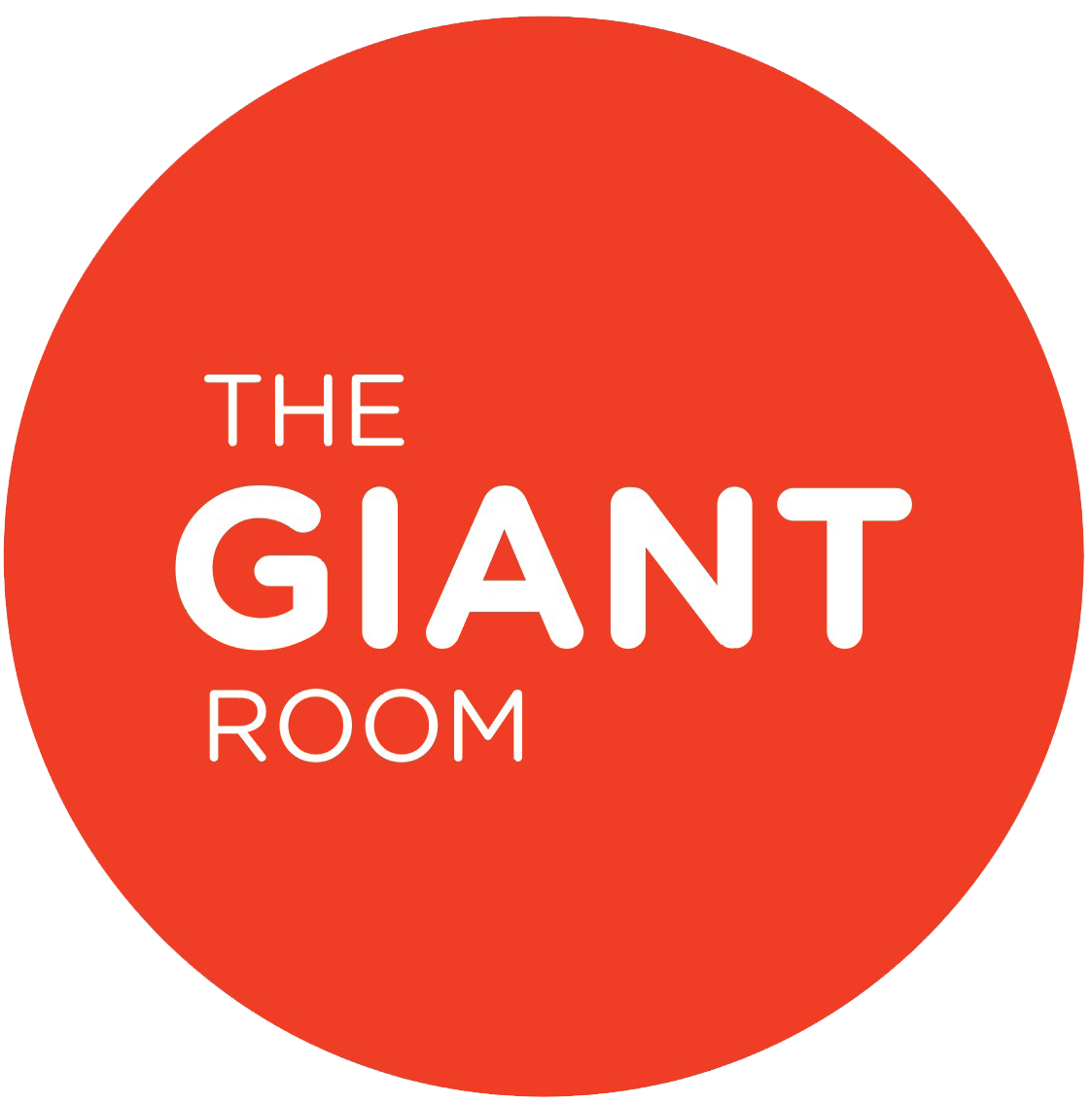STEAM (STEM + Arts) News in Review: 10/18/19
Our STEAM (STEM + Arts) News in Review for this week. Below are the articles we read focused on kids, education, technology, and art. Join our conversation and share your thoughts with us in comments:
WIRED: The Power of Wrong Answers in Science Education
Much of education is based around getting the right answer. Instead of giving students the tools and then asking them to work towards the “right” answer, this professor suggests a different approach to science education: do the experiment first, where students will likely get the wrong answer, and then work backward to learn and understand why that is.
OPEN AI: Solving Rubik’s Cube with a Robot Hand
How can a robot learn to solve a rubix cube? You could write a complex AI algorithm...but these scientists instead created simulations to mimic the thousands of years of challenges and environments that cause us humans to learn, adapt, and grow, so the robot can too.
CREATIVE BOOM: Ikea Launches Its Limited Edition Toy Range Designed By Kids Around The World
IKEA has released its latest line of kid designed plush from it’s Soft Toy Design competition. Kids from around the world submitted ideas for these plush, and the finalists ideas were created into toys for the shelves, where 100% of proceeds go to local play initiatives. My personal favorite is Rainbow Kid (in socks), who’s creators inspiration was "I love the rainbow in the sky so much. But I’m afraid that maybe the rainbow will feel cold up there. So, I drew socks for the rainbow to stay warm."
NATIONAL GEOGRAPHIC: For Girls In Science, The Time Is Now
The International Science and Engineering Fair is a worldwide competition where millions of high school students around the globe innovate solutions for some of science’s biggest problems. The article highlights some of the top (very impressive) projects from girls across the world.
NPR: The Key To Raising Brilliant Kids? Play A Game
A discussion with child development expert Kathy Hirsch Pasek about the “6 C’s” (collaboration, communication, content, critical thinking, creative innovation, and confidence) and how this can impact and nurture their children’s development.
